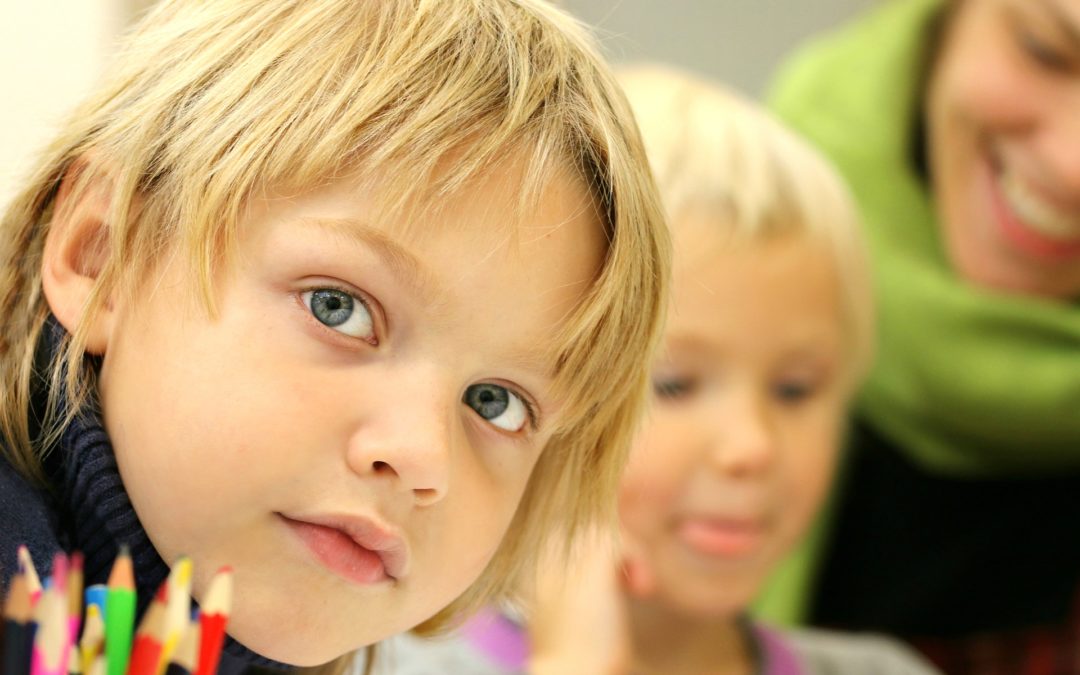
It is around this time of the year when parents may be thinking about their preschool children starting school or kindergarten in the upcoming year.
We hear a lot about ‘school readiness’ but what age is best for children to start school?
There is a great deal of research into this area and there are mixed results, which means you can find support for both delaying school entry or for enrolling early. Generally speaking, this issue needs to be considered in relation to an individual child.
In South Australia, all children have their first day of school at the start of Term 1 of the school year, and children can start school in the year they turn 5 years of age if their birthday is before 1 May. This means that some children will be almost 6 years of age before they have the opportunity to start formal learning.
What about those children who just miss the ‘cut-off date’ for enrolling in school?
In most cases it is appropriate for these kids to start school when they are eligible by their age, whether that means they are the youngest in the class (if they have an April birthday) or the oldest in their class (if they have a May birthday). Good teachers will have the knowledge and skills to provide learning experiences that are suitable for children of a range of abilities and academic levels.
Children who show signs of gifted development may benefit from early entry to formal schooling. These children often are showing academic achievement before starting school, such as reading or performing maths calculations, sometimes without any explicit teaching from their parents or carers. The DECD policy on early entry states that for children to enrol in government schools before they are eligible by age, they must demonstrate gifted cognitive abilities, specifically falling in the top two percent of their age group. To find out more about early school entry for gifted children, read my other blog here.
However, school readiness is about more than just IQ or the ability to read and write – also important are: social skills, sustained attention and focus, the ability to listen to group instructions, readiness to sit quietly, maturity to negotiate multiple interactions throughout the day, fine motor skills, and so much more. It is also really useful to consider the perspective of daycare or kindergarten staff to help decide if your child is ready for school.
And let’s not forget that PLAYING is how young children learn the most about their world, so having plenty of opportunity for unstructured play can be invaluable for young kids before starting formal schooling.
If you think your child might benefit from early school entry, please contact us to enquire about consultation or assessment.
Rebecca Rossi
Psychologist
Subscribe to our newsletter Attuned Life
Would you be interested in receiving our occasional newsletter, event information and other useful tips via e-mail?

